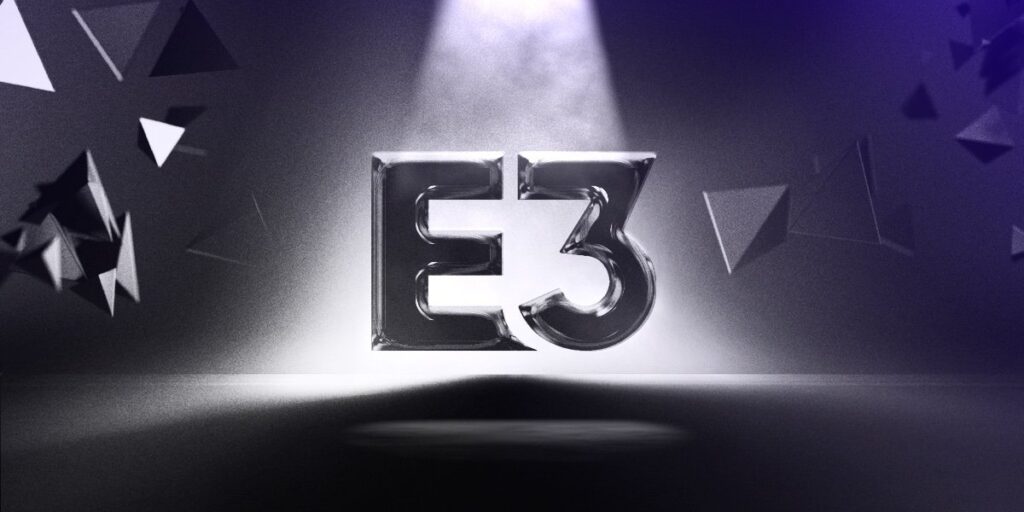
Since the COVID-19 pandemic hit in 2020, in-person games industry events have all but stopped, leaving organizers to scramble for new solutions. Among these organizers is the Entertainment Software Association (ESA), who puts on the annual Electronic Entertainment Expo. Over the last three years, E3 has only occurred once, and that was in the form of a digital showcase.
That changes next year, according to ESA president and chief executive officer Stan Pierre-Louis, who, in a recent interview, said “we’re excited about coming back in 2023 with both a digital and in-person event.
“As much as we love these digital events, and as much as they reach people and we want that global reach, we also know that there’s a really strong desire for people to convene–to be able to connect in person and see each other and talk about what makes games great.”
But bringing back E3 won’t be without its challenges. Geoff Keighley’s Summer Games Fest, taking place online this week, has largely filled the space left by E3, presenting fierce competition for the summer game announcement season.
Many publishers, such as Microsoft, have also begun streaming presentations of their own, independent of any event. It’s a solution that many say offers better coverage, without the added cost of having to host a big live in-person presentation to a massive audience.
Not only have digital events been cheaper for publishers, but it’s been arguably safer for attendees, and not just because of COVID-19; the last time an in-person event was held by the ESA in 2019, its poor website security led to over 2,000 journalists being doxxed online, with their personal contact information laid bare in a spreadsheet.
As the flagship showcase for game announcements, it can’t be denied that E3 has had a major impact on the industry for many years. Its absence seems to have been just as impactful, though in a different way, much to the ESA’s chagrin. Digital showcases are common across the industry, and there are those who claimE3 isn’t even needed anymore.
The quality in showcases is subjectively inconsistent, but the end goal is still reached: announcements are made, and consumers are more informed than they were before the presentation.
Still, Pierre-Louis is confident that there is a place going forward for E3 to exist in a similar fashion to how it was.
“I think there is space for a physical show; I think there’s an importance of having digital reach. Combining those two, I think there is a critical element of what we think E3 can provide.”
It will no doubt take a lot to earn back the trust of the press after 2019’s cyber attack. Even before then, E3’s relevance had been called into question as publishers began opting for their own direct-to-consumer showcases online. Still, the ESA seems bound and determined. Expect to hear more in the coming months.
 GameDaily.biz © 2025 | All Rights Reserved.
GameDaily.biz © 2025 | All Rights Reserved.